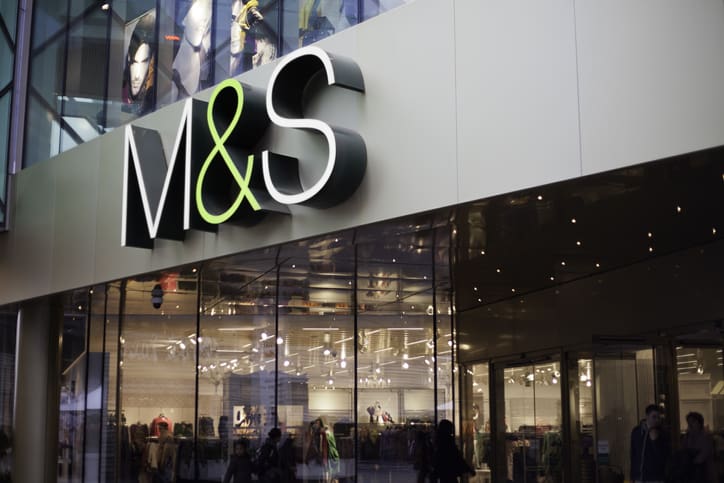Demystifying Rules of Origin in the UK-EU Trade and Cooperation Agreement
The UK-EU Trade and Cooperation Agreement (TCA) was established to facilitate post-Brexit trade between the UK and EU. Central to this agreement are the rules of origin, which determine the economic nationality of goods and play a crucial role in granting preferential tariff treatment. To qualify for reduced or removed tariffs, products must meet specific conditions outlined in the TCA.
Understanding the basics of Rules of Origin
The rules of origin are not unique to the UK-EU TCA and are common in global trade agreements. However, the complexity and interpretation of these rules can lead to unexpected costs if not followed correctly.
Broadly speaking, products must meet one of three criteria to satisfy the originating rules:
- Products wholly obtained in the EU or UK, such as raw materials sourced and processed within either territory.
- Products produced in the EU or UK using exclusively EU or UK materials.
- Products produced in the EU or UK with non-EU or UK materials, but they must satisfy product-specific rules of origin.
The third criterion can be particularly challenging to interpret and may require expert guidance to avoid unnecessary tariff payments.
Product-Specific Rules and Challenges
Several factors influence whether goods meet the rules of origin, such as the value and weight of non-EU or UK sourced materials and the classification of the final product. Production processes also play a role, with specific requirements to be met.
Percy Pigs: A Lesson Learned
A well-known example involving Marks & Spencer’s ‘Percy Pig’ sweets illustrates the intricacies of the rules of origin. Despite being manufactured in Germany, the sweets incurred import tariffs when re-entering Ireland. This is because the sweets are not merely transiting across the UK’s territory. Instead, they undergo repackaging in the UK, resulting in the original consignment being split into smaller ones. As a result, tariffs became payable upon the goods’ exit from the UK to Ireland.

In order to understand why this is the case, a couple of rules need to be understood:
Common Transit Convention
The UK-EU TCA adopts the principles of the Common Transit Convention, which states that where goods are only passing through the territory of the other party, those goods will not be subject to tariffs. For example, goods that move from mainland Europe across the UK to be shipped to Ireland would not be subject to tariffs.
Cumulation
Cumulation allows goods obtained or processed in one country to be treated as originating from another. In short it enables producers to source inputs and parts from partner countries and treat them as ‘originating’ when determining the final product’s origin. However, for the product to qualify as originating from a specific country, there must be “sufficient production” in that country, excluding certain processes from being considered as sufficient.
In the case of Percy Pigs, because the products were repackaged in the UK rather than merely passing through, the Common Transit Convention could not be adopted. However, under the rule of insufficient production, repackaging products is not enough to qualify for origination, and so, cumulation could also not apply either. As such, standard tariffs were applied.
Validity of the Statement of Origin
Once the origin is established, an exporter must produce a statement of origin to claim preferential tariff treatment. These statements have different validity periods for imports to the UK and exports to the EU, ensuring they remain valid when making claims.
Other Customs Considerations
Beyond the rules of origin, there are a range of customs facilities designed to enable taxes and duties on certain goods to be either removed or suspended in order to support the UK’s attractiveness as an economic trade partner.
These include the UK Government’s efforts to keep the Customs Duty rate below that of the EU to ensure that we remain an attractive place for EU and non-EU exporters. Additionally, the use of Inward and Outward Processing Relief, which allows duty and VAT relief for imported materials used for processing or repair.
Navigating the Rules of Origin
Understanding and adhering to the rules of origin can be challenging. Businesses should seek expert guidance to ensure compliance with the specific conditions applicable to their imports and exports. Our tax and VAT experts can provide valuable insights tailored to your unique circumstances, offering advice on international tax and VAT considerations relevant to your business model. By familiarising yourself with the rules of origin, you can take advantage of reduced trade barriers and foster successful trading relationships between the UK and EU post-Brexit.
We always recommend that you seek advice from a suitably qualified adviser before taking any action. The information in this article only serves as a guide and no responsibility for loss occasioned by any person acting or refraining from action as a result of this material can be accepted by the authors or the firm.
If you have a question about this blog, please contact us on the form below.
We can help
Contact us today to find out more about how we can help you
